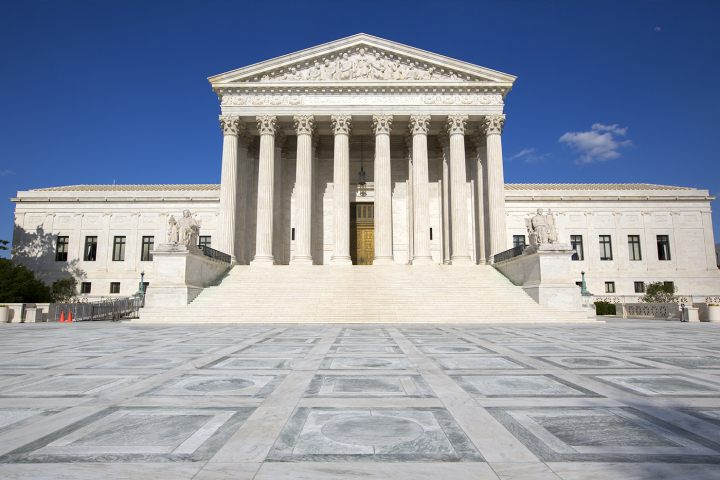 “The world has never had a good definition of the word liberty, and the American people, just now, are much in want of one. We all declare for liberty; but in using the same word we do not all mean the same thing.” When Abraham Lincoln uttered these words on April 18, 1864 to a Baltimore audience, he contrasted those who meant by “liberty” each person’s proper moral self-government, “with others, [for whom] the same word may mean for some men to do as they please with other men, and the product of other men’s labor.” Lincoln declared, “Here are two not only different, but incompatible things, called by the same name—liberty.”
“The world has never had a good definition of the word liberty, and the American people, just now, are much in want of one. We all declare for liberty; but in using the same word we do not all mean the same thing.” When Abraham Lincoln uttered these words on April 18, 1864 to a Baltimore audience, he contrasted those who meant by “liberty” each person’s proper moral self-government, “with others, [for whom] the same word may mean for some men to do as they please with other men, and the product of other men’s labor.” Lincoln declared, “Here are two not only different, but incompatible things, called by the same name—liberty.”
Our sixteenth president illustrated the point in his characteristically earthy way: “The shepherd drives the wolf from the sheep’s throat, for which the sheep thanks the shepherd as a liberator, while the wolf denounces him for the same act as the destroyer of liberty, especially as the sheep was a black one. Plainly the sheep and the wolf are not agreed upon a definition of the word liberty.”
Lincoln’s was an “Address at a Sanitary Fair,” a fundraising event for the sake of wounded Union soldiers. It lacked the rhetorical melodrama of his justly famous “House Divided” speech in Springfield, Illinois, six years earlier. Lincoln had said in 1858 that “I do not expect the Union to be dissolved—I do not expect the house to fall—but I do expect it will cease to be divided.” Lincoln understood how the two “incompatible” concepts of liberty called into being correspondingly opposing cultures, customs, institutions, and laws. He recognized earlier than most did that North and South were two different worlds. He foresaw that they could not long last so divided as one polity. Lincoln predicted in Springfield that the country “will become all one thing or all the other.” ….
Read more here https://www.thepublicdiscourse.com/2020/02/60037/







